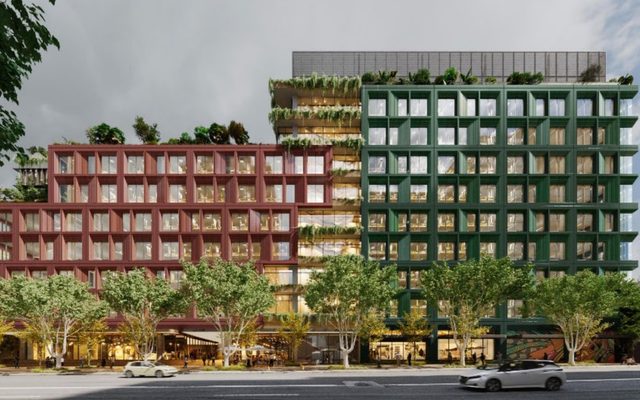This article is from the Australian Property Journal archive
THE peak body of local governments has declared property developers as the only winners of the state government’s Rezoning Pathways Program.
The Perrottet government’s $73.5 million Rezoning Pathways program will see the rezoning take place mostly in western Sydney as part of this year’s state budget’s $2.8 billion housing package, which was criticised at the time for not addressing the issue of supply directly enough.
The program will include Broadmeadow, Newcastle; Camellia-Rosehill; Explorer Street, Eveleigh; Macquarie Park stage one; Orchard Hills; Parramatta North’s University and Northern sites; and Riverstone East stage three.
According to LGNSW, the scheme will allow developers to nominate rezoning proposals for more than 1,000 dwellings on sites in metropolitan NSW locations and at least 300 dwellings in regional NSW, bypassing councils for assessments by the planning department.
“The changes that are being proposed here would affect every council area in the state. It also brings into question what, if any, consideration will be given to existing local plans and policies when major housing developments are being assessed,” said Darriea Turley, president at LGNSW.
“By removing council input and community consultation on these major developments, the government is essentially removing the safeguards that protect communities from inappropriate and ad hoc development,”
Turley also brought into question the government’s framing of the program as a way to fast track the unlocking of new homes, with the government claiming it would unlock an extra 70,000 new home sites across the state by 2024.
“This government is quick to blame delays on councils. Yet it is well established that the overwhelming cause of delays stem from infrastructure delivery issues and other hold ups from a multitude of government agencies,” said Turley.
“A few years ago, the NSW Government took development application powers off Sydney councils and introduced mandatory local planning panels. The argument was that councillors should focus on strategic planning rather than on individual development applications. Now with this latest announcement, the government is coming after the strategic planning as well.”
The announcement of the program followed the Perrottet government’s fast-tracking of three planning proposals in the Macarthur region that would unlock around 19,000 new homes.
“Councils are best placed to make planning decisions in the interests of their community. Sidelining our sector from this critical role will only benefit developers and further degrades the community from having any say about what developments occur in their areas,” concluded Turley.




